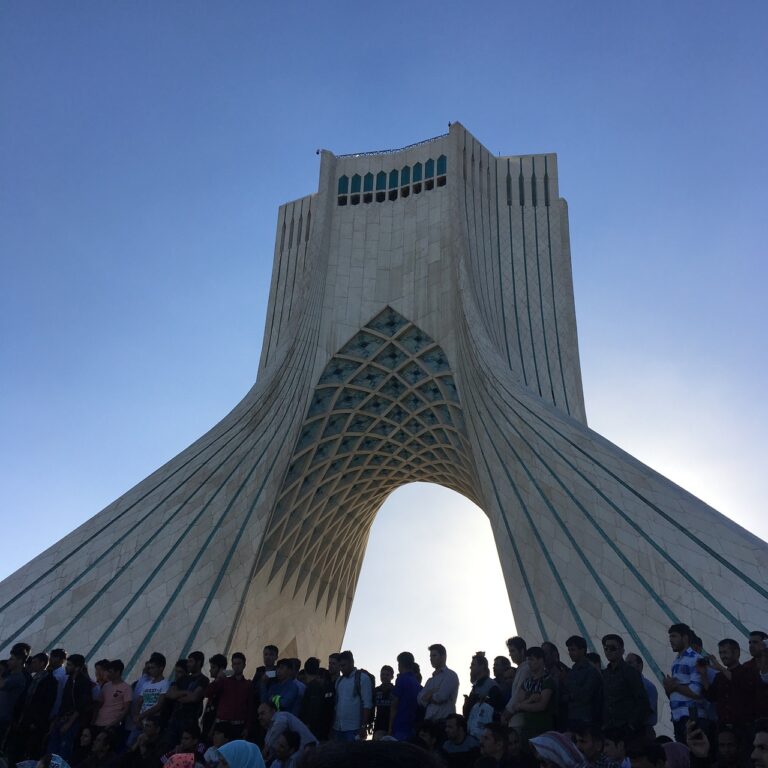
©FAO/Nieuw Image Media
Hosted by Tanzania and the fish value chain development programme FISH4ACP on September 12-13, 2024, the forum puts a spotlight on global good practices in aquatic food value chain development to foster debate on how these can help shape national and international policy aimed at tackling global challenges such as malnutrition, poverty and environmental degradation.
FISH4ACP is helping countries to grow the potential of fisheries for livelihoods and economies while reducing losses and stresses on the marine environment. It is implemented by the Food and Agriculture Organization of the United Nations (FAO) under the leadership of the Organisation of African, Caribbean and Pacific States (OACPS), and is focused on enhancing the productivity and competitiveness of value chains while ensuring that economic improvements go hand in hand with environmental sustainability and social inclusiveness.
The fisheries and aquaculture sector is a powerhouse of livelihoods for millions of people around the world. Yet there is still untapped growth potential. At the same time, in many cases, poor fisheries and aquaculture management practices are putting stress on the global marine environment and fish stocks.
With funding support from the European Union (EU) and the German Federal Ministry for Economic Cooperation and Development (BMZ), the FISH4ACP programme spans 12 countries across three continents and harnesses innovation to strengthen fisheries and aquaculture value chains.
Here are just five examples of innovative tools and practices that are helping countries in Africa, the Caribbean and the Pacific increase the effectiveness of this sector:
- Collecting fisheries’ data with a web-based application in Guyana
Guyana’s shrimp sector faces problems in data collection, management and reporting, which are jeopardizing policymaking and the sustainable management of fishing resources.
A web-based tool called Calipseo, developed by FAO, has been introduced to produce fisheries statistics. Calipseo provides real-time information on fish abundance, seasonal variations and market trends that enable shrimp fishers and processors to target their efforts. Fishers can catch shrimp when it is plentiful and avoid overfished populations while planning activities around peak seasons and market demand.
Calipseo data also helps policymakers to better manage shrimp fisheries. It provides estimates of biomass and maximum sustainable yield, for example, for stock assessments for more sustainable shrimp fisheries management.
- Designing refrigerators to upgrade the cold chain in the Dominican Republic
Mahi-mahi is a key catch for the Dominican Republic’s artisanal fishers, but refrigeration of the fish until it reaches customers is crucial. A well-functioning cold chain allows fishers and fishmongers to reduce damage and losses in fish production and improves quality and safety, increasing fish prices and profits.
FISH4ACP provides custom-designed freezers for large pelagic fish like mahi-mahi and is training local manufacturers on how to build and maintain them.
“The new freezer designs help us build more durable and energy-efficient freezers for large fish such as mahi-mahi,” said Johan Alfredo Pérez, a fisher and refrigerator manufacturer.
75 fishers and fish vendors will benefit from co-financing to buy freezers.
- Boosting tilapia farming in Zimbabwe with innovative fish feed
Tilapia is becoming more popular in Zimbabwe. However, the fish remains expensive because of the reliance on imported feeds.
FISH4ACP is trialling the production of local fish feed composed of black soldier fly larvae (BSF), a low-cost, locally available alternative.
“BSF-based feed is a game changer for my business because production cost has gone down by almost half. This is a key enabler to sustaining me in fish farming,” said Cathrine Mbona, a tilapia farmer.
- Repairing refrigerated containers in the Marshall Islands
The Marshall Islands are a hub for tuna containerization. However, one of their bottlenecks in this position has been the lack of local maintenance and repair services for refrigerated containers, or reefers, that are used to transport fish.
A FISH4ACP training programme was set up for technicians from major Marshallese tuna processing companies. During a five-day training, 12 technicians learned to fix some of the most common malfunctions of refrigerated containers.
Building local capacity to service the tuna value chain will allow more tuna container transit through the port in the capital Majuro, significantly strengthening the position of the Marshall Islands as a tuna hub, in turn, boosting domestic growth and job opportunities.
- Teaching Gambian oyster harvesters how to swim
Harvest oysters in The Gambia are generally women and many of them cannot swim, a danger for people who spend their days in the water. FISH4ACP organized a six-week swimming programme, run by the Gambian Navy, to teach 60 harvesters to swim, float and reach the shore in case of emergencies.
“We used to be scared when going to collect oysters. Now, we feel safer on the water and we’re more confident in our work,” said Marie Sambou, an oyster harvester.
Source: The FAO News And Media Office, Rome
– global bihari bureau





